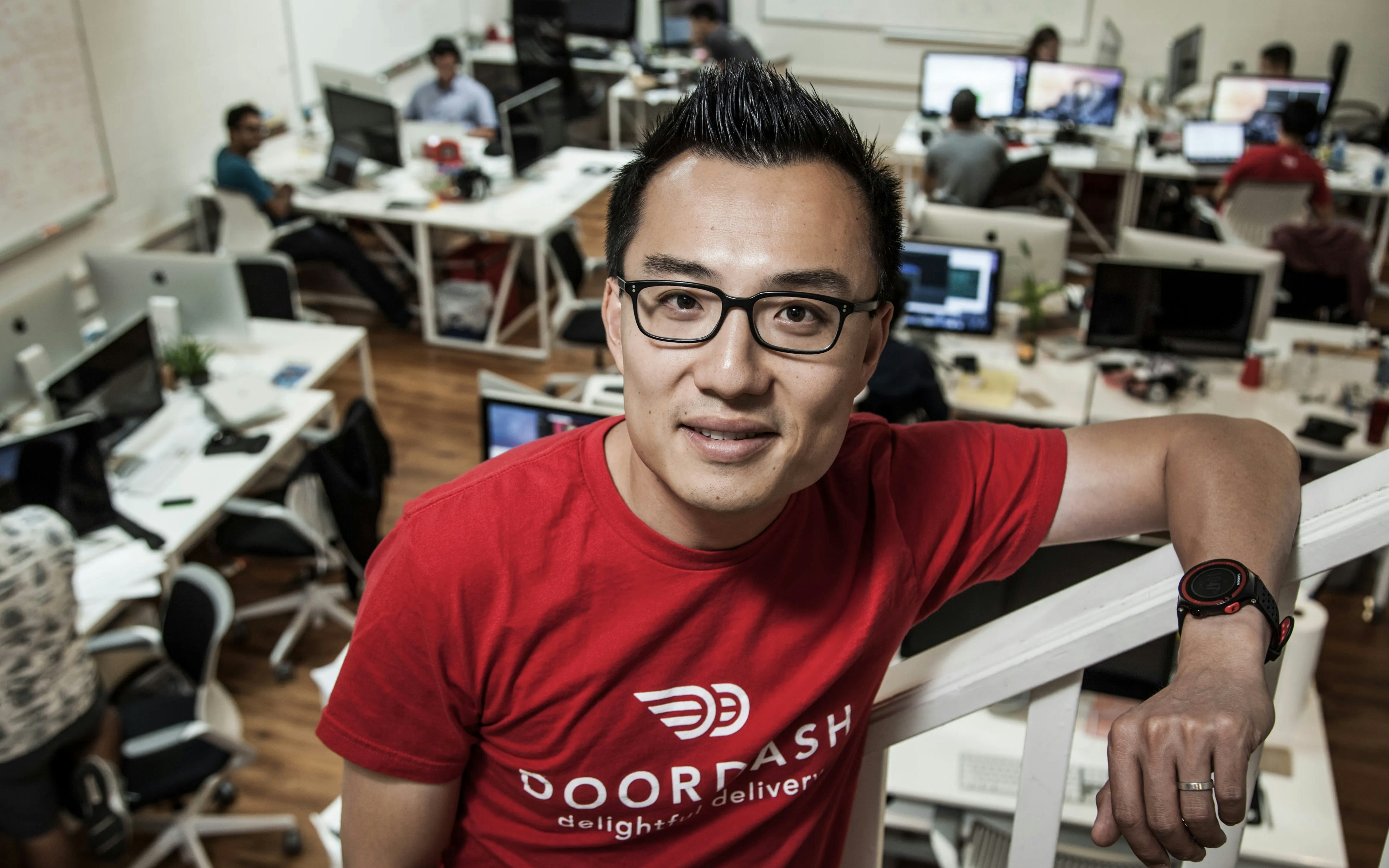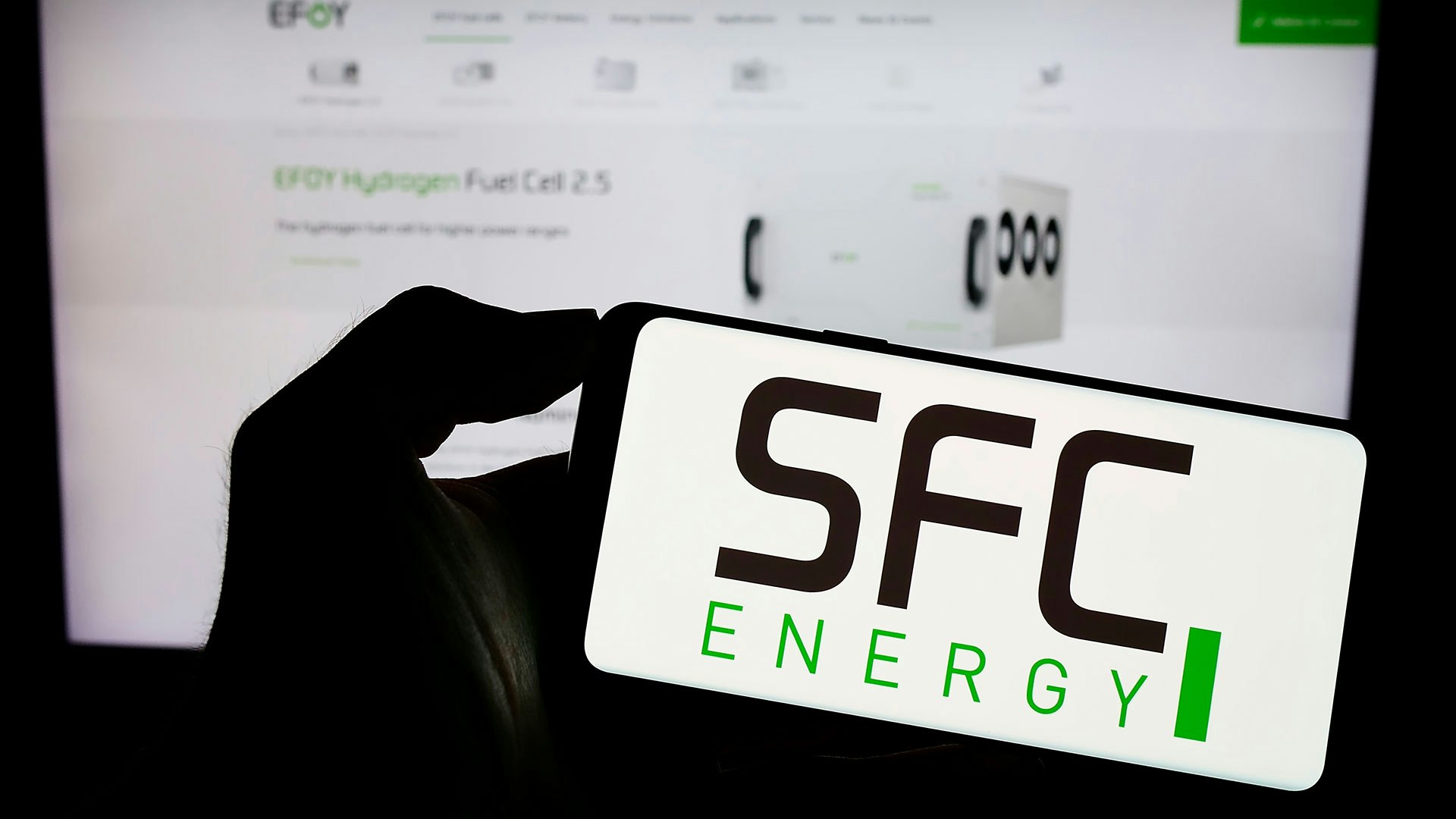Business
Uber Sues DoorDash: Dispute Over Alleged Forced Exclusive Contracts
Uber's lawsuit against DoorDash illustrates the intensified rivalry in the U.S. delivery business, where demands for exclusivity are now ending up in court.

Uber has filed a lawsuit against DoorDash in California, accusing its rival in the US delivery market of anti-competitive behavior. According to court documents, DoorDash pressures restaurants to enter into delivery agreements exclusively with it by threatening higher fees or worse placement in the app if they do not comply. Uber emphasizes that this not only violates competition law but also harms restaurateurs, who are thus faced with an expensive choice.
In doing so, the ridesharing and delivery company refers to several cases where restaurant chains "suddenly and without warning" stopped expanding their collaboration with Uber Eats after DoorDash allegedly threatened punitive charges of 10 to 30 percent. Now, Uber is seeking a court order to prohibit this practice by the rival, as well as unspecified damages. Sarfraz Maredia, who manages Uber Eats' business in North and South America, states: "Restaurants should have the choice of whom they cooperate with. Competition should benefit them, not disadvantage them.
DoorDash immediately rejected the allegations, seeing them as an attempt to compensate for lack of market success through legal means. Since the launch of DoorDash Drive in 2016 and Uber Direct four years later, both companies have been engaged in a head-to-head race for market share in the booming online food delivery industry. According to its own statements, DoorDash is now the market leader in the U.S., followed by Uber, which recently celebrated its second full year of profit. DoorDash itself reported its second quarterly profit since going public in 2020 just this week.
The trigger of the legal dispute is the debate on how platforms present themselves for restaurants: If they connect logistic and delivery solutions, they generate significant revenue from delivery fees and advertisements. However, the contested exclusivity demands hold potential for conflict with antitrust and competition authorities, should DoorDash indeed expand its market growth through pressure and threats of fees. Whether the court will order a consistent realignment of business models remains open for the time being. In any case, the accusations demonstrate how fiercely the race for customers and restaurants is being fought in the rapidly expanding US food delivery market.






